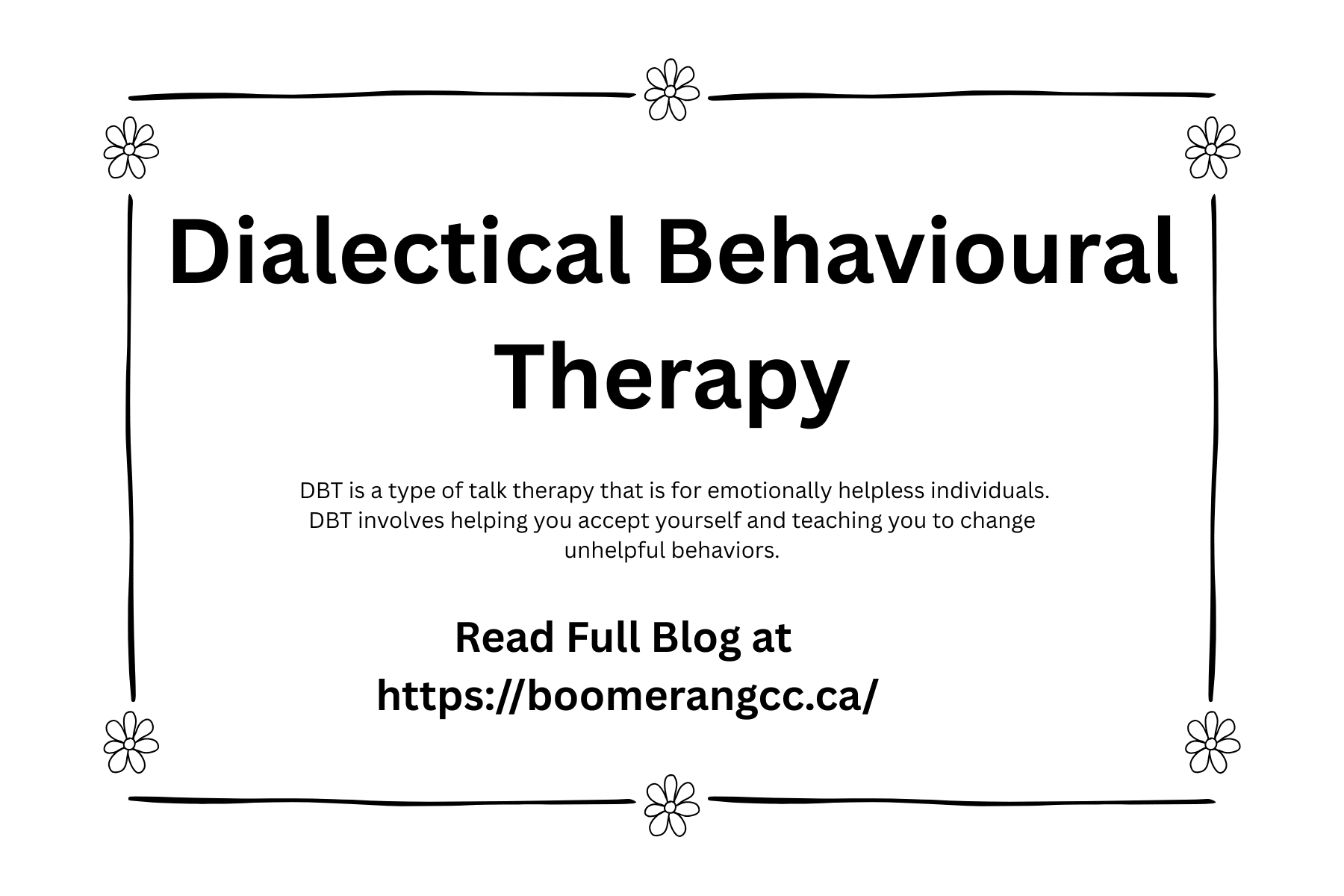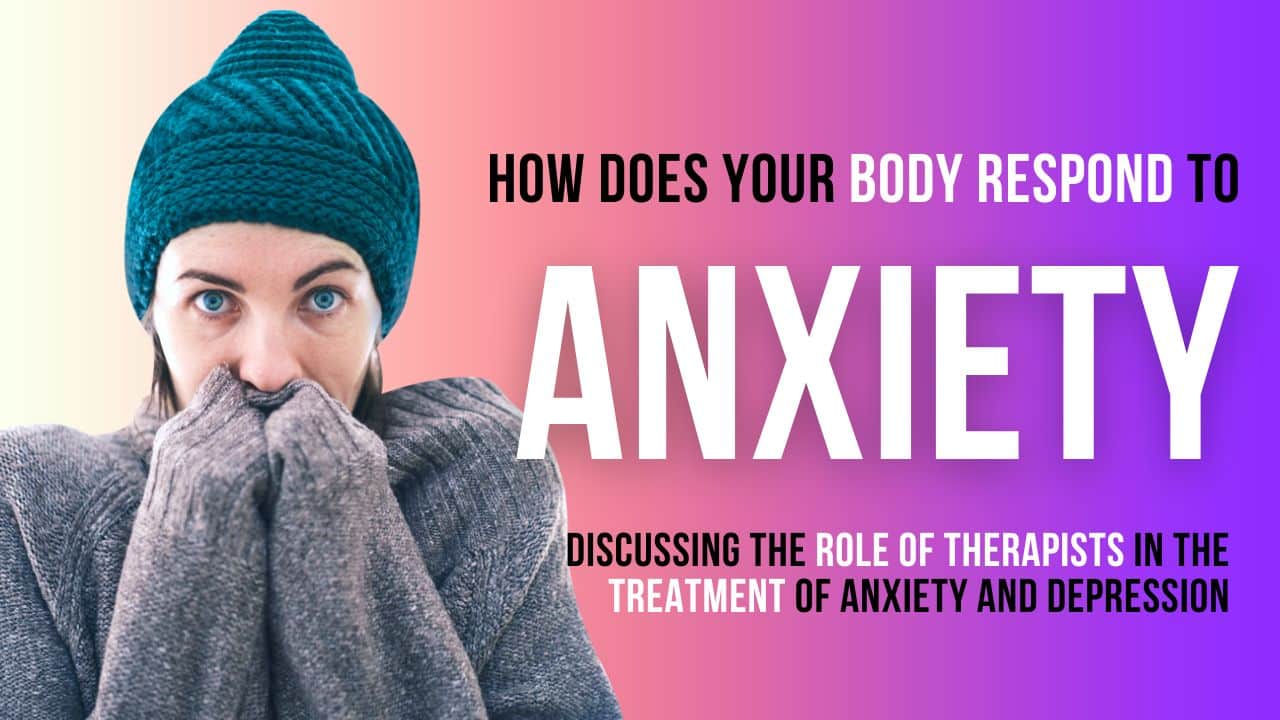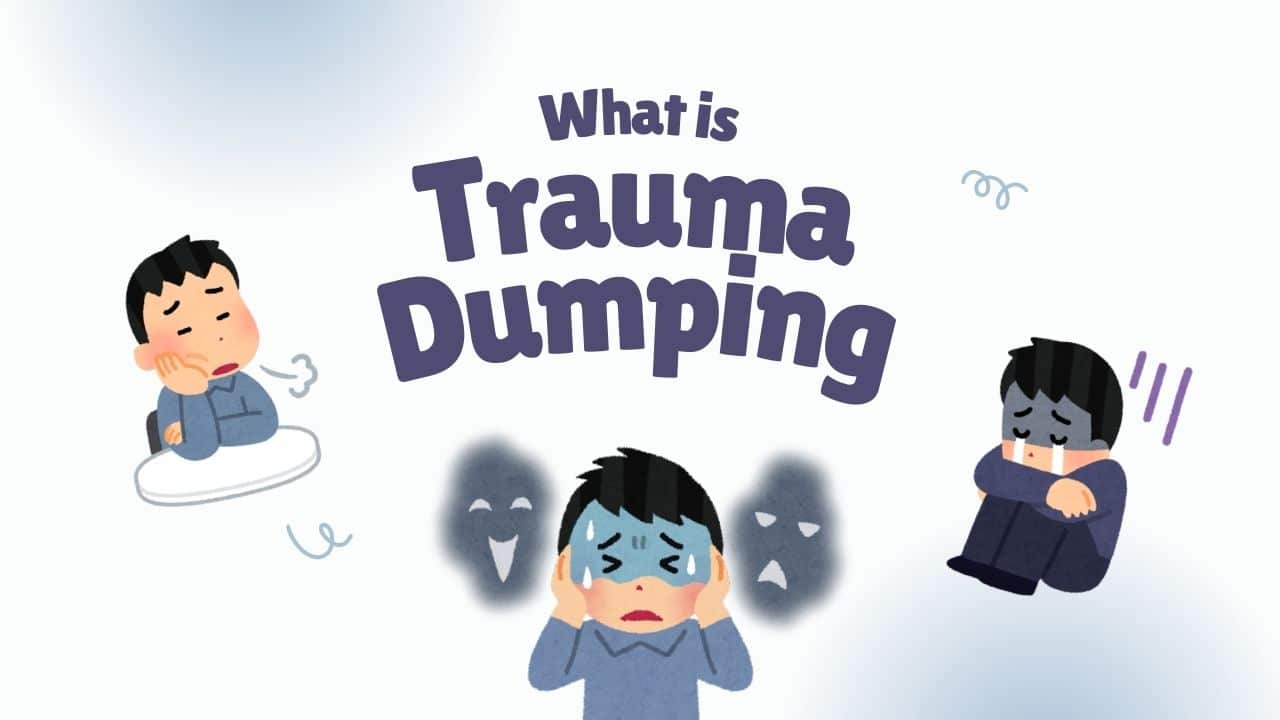Losing a loved one is one of the most difficult things in life. When we grieve, it is as though a thick cloud is following us. It might even be difficult to sleep, eat, work or even smile. Grief therapy is a form of counselling that enables individuals to get over these severe emotions.
In simple words, grief therapy provides you with a secure environment to discuss your loss, learn ways to move through the difficult emotions, work towards remembering your loved one without feeling so much pain, and experience hope once again.
What is Grief Therapy?
Grief therapy is a type of talk therapy that focuses on loss. A trained therapist, who knows how to put forward this therapy, helps and guides you in this rather vulnerable phase of your life. Their presence specifically supports how to live while acknowledging the loss of a loved one’s passing rather than forgetting them.
In the course of grief therapy, you realise that all of your feelings, such as sadness, anger, guilt, or relief, are explored. You strive to find a way to be comfortable with your loved one’s memory. Grief therapy also aims to help you make new routines and reclaim meaning in your usual interests and healthy habits.
Grief therapy can be done individually, in a small group or in a family setting. Some therapists may introduce art, music, or writing exercises to support the processing and release of difficult-to-describe thoughts and emotions.

How Grief Therapy Works?
The grief therapy tends to be gradual and in steps. This is how it usually goes very well:
● First Interaction
During the initial appointment, the counsellor will request that you tell them a bit of your loss and what you are experiencing at present.
They will educate you on the working of therapy and also answer your questions. The prime objective is to ensure that you feel safe.
● Discovering How You Think and Feel
Early sessions consist of discussing your special person and feelings. You may weep, laugh, or become furious. The psychotherapist guides you through each emotion, such as sadness, fear or emptiness, in a supportive manner.
Just by labelling these feelings, people can feel less stressed by them.
● Learning Coping Strategies
The therapist may teach the patient strategies to cope with intense emotions. It can be in the form of noticing what you are experiencing, allowing the experience (thought or feeling) to occur, using techniques such as breathing, grounding (such as naming five things you see at this moment or movement) to support you through the moment, and then noting the awareness of the present moment, and then consciously engaging with the present.
You exercise these skills during and outside of sessions.
● Honoring the Lost Person
You may put together a memory box, write a letter or construct a small memorial displaying photos and mementoes. Such gestures assist in maintaining your relationship healthily.
● Working Through Practical Challenges
Coping with everyday activities can be tough after grief. Your therapist can support you in planning easy activities, such as establishing a morning routine or work schedule. Minor positive experiences are the key to alleviating the pain (stress) that comes with grief.
Also, anniversaries, holidays, and locations can bring new surges of anguish. During therapy, you develop ways to prepare to face these triggers. A therapist teaches you how to engage and practically reach out by calling your supportive friends or devising a new practice to commemorate the day.
● Facing Tough Triggers
You, together with the therapist, redefine the hopes and aspirations for your life as you proceed with the therapy. Old hobbies may come back, or you may discover some new ones. The therapist will help you test these steps and reflect on any new progress in a positive way.
● Building a New Future
You and your therapist will look at how much you have progressed when you are ready. You may attend counselling at your own pace, whether that’s a few times, more frequently, or occasionally.
The therapist will provide you with a plan to engage in skills or manage yourself in moments when the grief resurfaces.
● Closure and Follow-Up
When you are ready, you and your therapist will go through what you have achieved. More rarely, you may see your therapist less or terminate therapy.
The counsellor provides you with a strategy that guides you to practice the skills at your own pace on your own time, or how to obtain assistance in case grief happens again.
What Is Complicated Grief Therapy?
As the majority of people experience waves of grief, the pain gradually softens with time. While that is true, sometimes some people end up having what is known as complicated grief. This means their suffering remains so intense for many months or years of their life. They feel trapped, lost, or unable to cope with their feelings, despite missing out on important life events.
Patients of grief therapy experience an extreme desire for the person that they have lost, and cannot forget them. Even after a considerable gap, they avoid the things and thoughts that remind them of the person, as they become overwhelmed by those reminders. Similarly, they become stuck in life, unable to continue their progress and happiness, because their loved one is no longer alive.
Complicated grief leaves an even deeper scar on their minds, causing them to avoid other people, places, events, or relationships and to even have some level of trust issues with people.

Counselling methods used in complex grief therapy are very complicated and help individuals move on:
● Grief-Focused CBT:
This provides skills on how to confront and endure pain-causing reminders instead of avoiding them.
● Structured Grief Programs:
A therapist can follow a manual or step-by-step program structured for complicated grief. This includes educating about the biological process of grief, including learning what is happening to you, and how the body purposefully moves you through this process.
● Imaginal Exposure:
You may be directed to write and read aloud an account in detail of your loss. This ultimately aids in working through the intense emotions securely.
● Meaning-Making Work:
You learn how the loss changed you and discover new values or priorities in life. Individuals with complicated grief may require extra sessions or an extended treatment process. The therapist indicates the degree of progress and modifies procedures accordingly.
Does Grief Therapy Work? How?
Numerous studies indicate that grief therapy can enable individuals to feel good. The reason grief therapy works is as follows:
● Safe Space:
Therapy provides a nurturing environment that makes it possible to express painful emotions (without self-criticism).
● Guided Coping Skills:
You are provided with skills aimed at relaxing your mind and body when you are overwhelmed by grief.
● Validation:
To know that you are normal, hearing it said by a trained therapist can take a big load off the burden of self-doubt.
● Structured Process:
An organised strategy will ensure that you make baby steps in the right direction, rather than getting lost.
● Social Support:
The treatment of peers or family therapies is used in cases of building relationships and reducing loneliness and grief. Those grieving in grief therapy have reported shorter, milder episodes of depression, better sleeping and appetite, and improved capabilities to enjoy life again.
Again, the process of treatment is not a cure in case of grief since grief is not a sickness. Rather, it provides you with guidelines and aids to create a way of life where, when such a loss happens, grief becomes an integral part of your life narrative rather than its dominant force.
How to Find a Grief Therapist and Get Started
In case you believe that grief therapy can be quite helpful, the following are easy steps to take:
● Ask Your Doctor:
Your family doctor will provide you with a referral to a grief-trained counsellor.
● Call Your Insurance:
In certain insurance policies, there is coverage of mental health. Question what grief counselling they will give.
● Grief support groups:
Free or low-cost grief support groups are available in many hospitals, in places of worship, or at community centres.
● Call and Ask:
It is also fine to call a therapist’s office to ask whether they deal with grief, how many sessions they recommend, and what they charge.

Some therapists offer a consultation, which typically lasts 10-15 minutes, during which you discuss your needs over the phone or via video call to assess the fit. You can observe whether you feel heard and relaxed by the therapist or not. Together, you and the therapist come up with a plan that is suited to your needs.
At Boomerang Counselling Centre, we have many therapists who work with grief. You can contact us at www.boomerangcc.ca to learn more, or you can read about each therapist and then schedule a consultation through our online booking system here www.boomerangcc.ca/about-us/.
Also read about: How to Think Positive When Depressed
Conclusion
Grief therapy is a loving, procedural way to make a step through the suffering of grief. It also enables you to know how you feel, acquire good coping mechanisms, and start a new life with good memories of your lost individual. Studies indicate that grief therapy assists one in feeling less suffocated and better able to enjoy life once again.
When you cannot cope with grief, you should not manage it on your own. A grief therapist can help you look ahead and make the best of your future as you go forward with your valuable memories gently in your heart.








